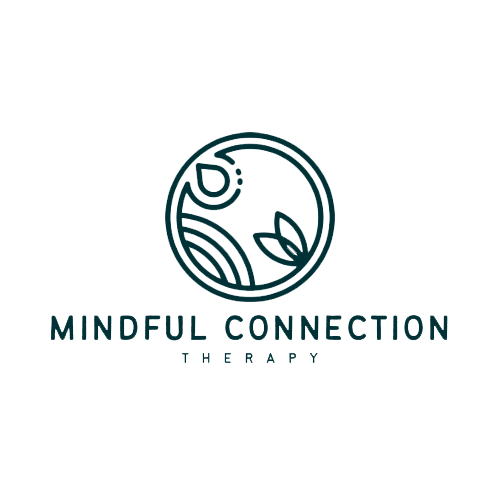The Practice of R.A.I.N.
RAIN (Recognize, Allow, Investigate, Nurture) is a mindfulness practice coined by Michele McDonald some twenty years ago. I was introduced to the practice through meditation instructor, author, and psychotherapist Tara Brach, whose Insight Meditation Community of Washington sangha I attended for many years. Tara was my first meditation teacher, and remains one of the most important guides for my on-going practice.
If you’ve visited the guided meditations page on my website, you may have noticed that there is a three-part series which introduces and implements RAIN. If not, feel free to try it out for yourself. RAIN is a powerful practice for putting us in contact with difficult and challenging feelings, attending to the experience as it is and without judgment. I’ve used RAIN with my therapy clients and have witnessed it work firsthand.
So what is Recognize, Allow, Investigate, Nurture? And how does it work?
If you’ve practiced meditation before, you may have experienced bringing your awareness to your breath, or maybe sensations. If not, that’s okay. You can always begin at any time. By bringing awareness to breathing, the sensations of the breath as you inhale, filling up the lungs, and as you exhale, contracting the rib cage, etc., you are attending to the present moment. Mindfulness training, at its heart, is attending to present moment awareness without judgment. Sounds easy, right! Well, yes and no. The yes of it is that when we practice, it becomes easier. The no of it is the understanding that we all live in different bodies and experiences, and for those living with trauma, attending to the inner life can feel impossible. Understanding the connection between mindfulness and trauma is for a much longer blog, however there is a fantastic book and follow-up podcast by Dan Treleaven called “Trauma-Sensitive Mindfulness” which is a deep dive into this intersection.
The Recognize of RAIN is, like the breath, noticing the present moment feeling, maybe as you recall a difficult experience from the past week. What’s going on inside? Maybe you sense hurt, anxiety, or feel frozen. Can you name what you’re most aware of?
Allow is to just let whatever is coming up for you be there as it is. Can you pause and make space for what’s present? It doesn’t mean you need to like it.
Investigate deepens intention by asking the experience, what’s the most difficult part? What most wants attention right now? Maybe it’s a feeling of dislike, fear, or judgment. And, what are you believing about this experience? Maybe you believe you didn’t feel seen at that moment, or didn’t feel you were doing your best, or you weren’t worthy. Notice what’s happening in your body. What emotion or sensation is present? Where do you feel most vulnerable?
With Nurture, we regard our inner life with compassion. What words does this vulnerable part most need to hear right now? Maybe you were doing your best, you are loved, or simply, I’m sorry. Can you offer it that? Maybe placing a hand on the tender area feels supportive.
Through this practice, we can learn to make space for what’s there, even if what’s there is raw and painful. By attending in this way, we non-identify with the feeling of hurt, pain, shame, etc., but come to understand that our experience is but a part and not the whole of us.
Guided meditations are also available through my Instagram @thisqueerearth, where you can comment and ask questions. You may reach out via email for therapy services through the contact page.


